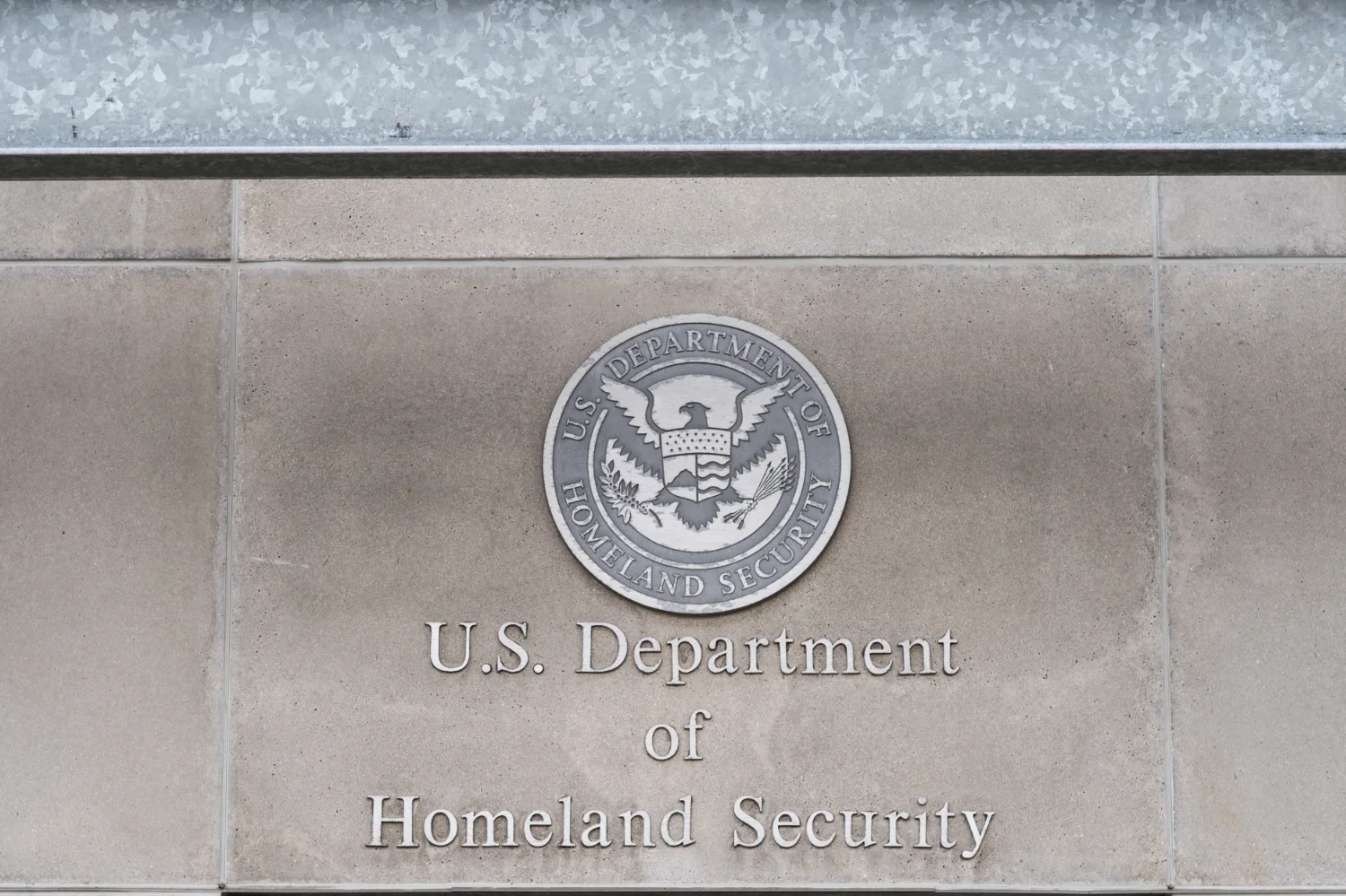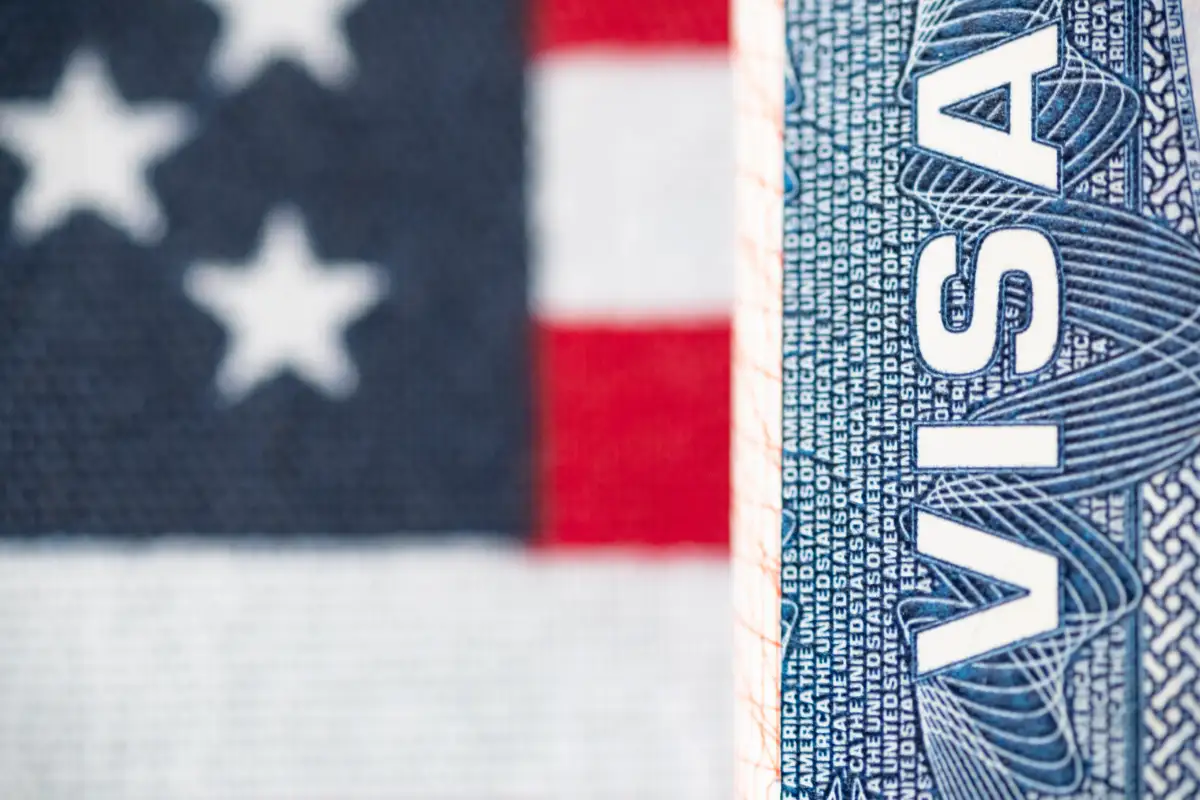Several countries have begun reviewing their bilateral migration agreements to establish a cooperative framework that facilitates mobility and protects migrants’ rights. This initiative arises in response to increasing globalization and the challenges of human mobility in the 21st century. Discussions are taking place in multilateral forums, where government representatives, international law experts, and human rights organizations are actively participating.
The review process focuses on harmonizing criteria and removing unnecessary barriers that hinder migrant regularization. Key aspects include streamlining administrative procedures, enhancing information exchange, and creating joint oversight committees. These measures aim not only to improve migration management but also to foster dialogue and collaboration among the involved nations, potentially reducing abusive practices and illicit trafficking networks.
International analysts emphasize that the success of this review largely depends on the political will of the countries involved and their ability to adapt to evolving global dynamics. If a consensus is reached, the new agreements could reshape the migration landscape, ensuring more equitable and coordinated processes that benefit both migrants and host communities.



